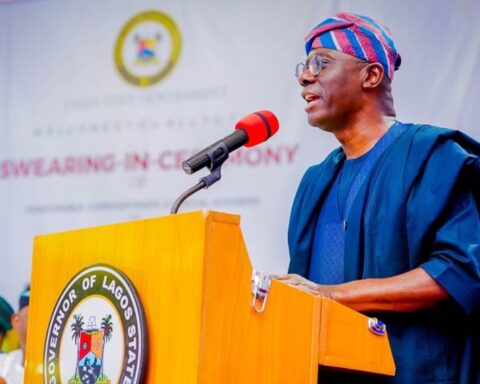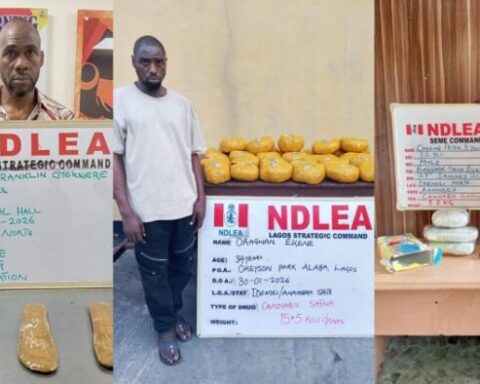Nigerian households are groaning under the weight of rising cooking gas prices as a worsening shortage pushes the cost of a 12.5kg cylinder to ₦25,000 in major cities across the country.
Findings across Lagos, Abuja, Port Harcourt, and other urban centres show that the price of Liquefied Petroleum Gas (LPG) has surged by over 30 percent in the past few weeks, driven by supply constraints, rising import costs, and foreign exchange pressures.
Many consumers who spoke to journalists expressed frustration over the situation, saying the soaring prices have forced them to revert to alternative cooking methods such as charcoal, firewood, or kerosene.
Just two months ago, I refilled my gas cylinder for ₦17,000. Now, it’s ₦25,000. Families like mine can’t keep up,” said Mrs. Adaobi Okonkwo, a resident of Lagos.
Dealers attributed the shortage to limited supply from major depots and importers, as well as logistical challenges linked to dollar scarcity and high cost of transporting the product.
An LPG marketer in Abuja, Mr. Sani Yusuf, explained that the continuous depreciation of the naira has made it increasingly difficult for operators to import gas and maintain stable prices.
Most of our gas is imported, and payments are made in dollars. The exchange rate and port charges have gone up, and these costs are passed to consumers.”
Industry sources also blamed the situation on low domestic production and inadequate investment in gas processing and storage infrastructure.
The Nigerian Association of Liquefied Petroleum Gas Marketers (NALPGAM) has called on the federal government to intervene urgently to stabilise supply and check profiteering by middlemen.
The association’s president, Mr. Oladapo Olatunbosun, urged the government to increase local production through the Nigeria Liquefied Natural Gas (NLNG) and create an enabling environment for investment in gas distribution.
If nothing is done, cooking gas could become unaffordable for average Nigerians. The situation calls for urgent policy action.”
Meanwhile, analysts say the rising price of cooking gas may worsen inflation and push more households into energy poverty, as many families already struggle with high living costs.



























